This article was co-authored by Roy Nattiv, MD. Dr. Roy Nattiv is a Board-Certified Pediatric Gastroenterologist in Los Angeles, California. With over 20 years of experience he specializes in a broad range of pediatric gastrointestinal and nutritional illnesses such as constipation, diarrhea, reflux, food allergies, poor weight gain, SIBO, IBD, and IBS. He completed his pediatric residency at the Children’s Hospital at Montefiore, Albert Einstein College of Medicine in New York, and his fellowship at the University of California, San Francisco (UCSF). While at UCSF, he was a California Institute of Regenerative Medicine (CIRM) fellowship trainee and was awarded the North American Society for Pediatric Gastroenterology, Hepatology, and Nutrition (NASPGHAN) Fellow to Faculty Award in Pediatric IBD Research. Dr. Nattiv received his undergrad degree from the University of California, Berkeley, and his medical degree (MD) from the Sackler School of Medicine in Tel Aviv, Israel.
There are 15 references cited in this article, which can be found at the bottom of the page.
This article has been viewed 52,188 times.
If you're worried about leaky gut syndrome or the health of your gut microbiome, you may be wondering how to go about healing your gut. The good news is there are a lot of science-backed natural remedies you can use to heal your gut, and we've compiled them all below. Here are 17 ways you can heal your stomach lining and get your gut health back on track.
Steps
Healing Your Gut with Dietary Changes
-
1Try to add more foods rich in probiotics to your diet. Probiotics are live bacteria and yeasts that naturally live in your body. By eating foods rich in probiotics, you can balance out your gut bacteria, which can improve your overall gut health and potentially help your stomach lining heal itself. With each meal, try eating at least 1 serving of probiotic-rich foods such as sauerkraut, kimchi, and coconut yogurt (non-dairy yogurt is gentler on your stomach).[1]
- Other sources of probiotics include kombucha and kvass, which is a fermented beverage made from rye bread.
- You can also take 1-2 probiotic supplements 3-4 times a week to give your digestive system a boost.[2]
-
2Eat soft, fully-cooked food to make it easier for your stomach to digest it. Folks with digestive issues are often recommended to follow a “bland diet” that’s designed to help relieve discomfort. Focus on eating foods that are already broken down, aren’t spicy, and are low in fiber, which can be gentler on your stomach as your stomach lining heals.[3]
- You can also chew your food properly to help break it down so it’s easier for your stomach to digest it.
- A few examples of soft foods include potatoes, eggs, tofu, soup, pudding, peanut butter, and oatmeal.
Advertisement -
3Add more collagen to your diet to improve your gut health. Your stomach lining is a protective barrier made up of a substance called collagen. If you’re having problems with your stomach lining, consuming more collagen may help heal it. Eat high-collagen foods like bone broth or take collagen supplements to add more to your diet.[4]
- People with gut-health issues tend to have lower levels of collagen, so adding more to your diet can help boost your levels.
- Because no two collagen supplements are made equally, make sure you follow the directions on the bottle when you use them.[5]
-
4Try to avoid gluten and dairy, especially if you’re sensitive to them. Gluten from foods that contain wheat (such as bread) and dairy products (milk, cheese, and yogurt) can cause inflammation and irritate your digestive system, especially if you’re sensitive to them. Try to cut back on the amount that you eat or cut them completely out of your diet to ease your stomach as it heals itself.[6]
-
5Cut out processed, high-fat, and high-sugar foods. Fatty, sugary foods are harsh on your stomach lining and more difficult to process and digest. Try removing them from your diet to help your stomach heal itself without any extra stress.[7]
- Processed foods include fast food, junk food, and processed meats.
- Keep an eye out for added sugars! Check the nutrition facts before you eat or drink something to make sure it isn’t loaded with extra sugar.
-
6Avoid eating spicy foods. Spicy food can irritate your stomach lining and cause painful inflammation. Try avoiding them as best as you can. If there are specific seasonings that seem to upset or irritate your stomach, do your best to avoid them as well.[8]
- Strong seasonings such as hot pepper and garlic can irritate and inflame your digestive system.[9]
-
7Space out small meals throughout the day. Eating large meals can put extra strain on your stomach. Instead, try having smaller meals and space them out 2-3 hours apart. That’ll give your stomach time to process and digest your food without any extra stress.[10]
- For instance, instead of 3 large meals (breakfast, lunch, and dinner), try having 5-6 small meals and snacks throughout the day.
-
8Cut back on your caffeine consumption. Caffeine can be pretty harsh on your stomach and potentially irritate your stomach lining. Try cutting back on coffee and tea to see if that helps with your symptoms. If you can, try to cut it out of your daily routine entirely. It’ll give your stomach a break so it can focus on healing itself.[11]
- Coffee, tea, and many sodas contain caffeine.
- If you’re used to having your morning cup of coffee or tea, try switching to decaf while your stomach heals.
-
9Stop drinking alcohol. Alcohol can irritate and inflame your stomach, especially if your stomach lining is sensitive or damaged. Try cutting it out entirely to give your stomach a break so it can heal itself.[12]
Lifestyle Changes for Healing Your Gut
-
1Find ways to reduce your stress levels. In addition to your mental health, stress can also affect your gut health, which can make it more difficult for your stomach to heal itself. Try exercising for at least 30 minutes 3 times a week, getting a massage, or practicing deep breathing exercises to reduce your stress.[13] Find ways that relax your body and mind to help ease the effects of stress on your stomach.[14]
- Try picking up a new hobby or activity that you enjoy.
- Go for a daily 30-minute walk to get some fresh air and exercise.
-
2Avoid over-exercising to keep from over-stressing your stomach. Overwork or over-exertion can cause your symptoms to flare up or get worse. If you notice your stomach is starting to feel irritated or you have stomach pain, dial back the intensity of your exercise to allow your stomach lining to heal and your condition to improve.[15]
- For instance, if you’re used to running 10 miles (16 km), and you find that it upsets your stomach, try dialing it back to 1–2 miles (1.6–3.2 km) to see if that helps.
- If you experience severe stomach pain while you’re exercising, stop exercising right away. If the problem persists, see your doctor to make sure there isn’t a more serious problem.
-
3Quit smoking. Tobacco smoke can irritate your stomach lining. If you’re trying to help your stomach heal itself, stop smoking as soon as you can.[16]
- There are a ton of products you can use to help yourself quit smoking such as nicotine patches, gum, and medication.
Medical Treatment
-
1Write down questions and any symptoms you’re experiencing. Make a note of anytime you feel pain or discomfort in your stomach. Keep a record of your symptoms so you can track them and discuss them with your doctor. Come up with questions you want to ask your doctor and write them down so you don’t forget.[17]
- For instance, you could note something like, “Recently, I’ve noticed my stomach starts hurting after my morning cup of coffee. What could be causing that?”
- You could use a notebook and pen or make a note in a note-taking app on your phone.
- Keep track of stressful events or life changes as well. They could be contributing to the problem.
-
2Talk to your doctor if you have persistent pain or discomfort. If your stomach continues to bother you, make an appointment to see your doctor. Tell them about all of your symptoms and anything you notice seems to make them worse. Your doctor will ask you questions and perform an exam to see if they can determine the source of your stomach issues.[18]
- Gnawing or burning pain in your stomach, nausea, and vomiting are all signs of potential stomach issues.
- Your doctor can also recommend medications and lifestyle changes that can help.
- If you’re extremely stressed or depressed, see a psychiatrist or counselor. Your stress could be a source of stomach issues and they can help you find better ways of managing it.
-
3Switch pain relievers if they’re causing your symptoms. Nonsteroidal anti-inflammatory drugs (NSAIDs) are over-the-counter pain medications that can be really helpful for treating pain and discomfort. But they can also irritate and damage your stomach lining if you take them for too long. Check with your doctor about alternatives you can try that may not cause you stomach pain or distress.[19]
- Common NSAIDs include ibuprofen (Advil) and naproxen (Aleve).
- For instance, if you’re taking an NSAID like ibuprofen, your doctor may switch you to acetaminophen (Tylenol), which isn’t an NSAID.
-
4Complete any medical tests your doctor orders. If your doctor isn’t able to diagnose your stomach problems with a physical exam, they may order tests that can help them determine the cause. Get any of the tests your doctor orders so you can get to the bottom of your stomach issues.[20]
- Your doctor may order X-rays, blood tests, stool samples, breath tests, or even an endoscopy, which is a tube with a camera on 1 end that can take a look at your stomach lining.
-
5Take any medications your doctor prescribes or recommends. If your condition is serious enough, your doctor will prescribe medications that can help. Make sure you take them as prescribed to help your stomach heal and improve your symptoms.[21]
- If you have a bacterial infection, your doctor will prescribe an antibiotic to knock it out.
- Your doctor may also prescribe or recommend antacids that can help reduce your symptoms.
- If you have an ulcer, your doctor might recommend something called carafate (sucralfate), which will coat the ulcer and allow your stomach to heal itself.[22]
- Other medications your doctor may prescribe include histamine blockers and proton pump inhibitors, both of which can reduce the amount of acid in your stomach.
Expert Q&A
Did you know you can get expert answers for this article?
Unlock expert answers by supporting wikiHow
-
QuestionHow do you heal a stomach ulcer?
 Roy Nattiv, MDDr. Roy Nattiv is a Board-Certified Pediatric Gastroenterologist in Los Angeles, California. With over 20 years of experience he specializes in a broad range of pediatric gastrointestinal and nutritional illnesses such as constipation, diarrhea, reflux, food allergies, poor weight gain, SIBO, IBD, and IBS. He completed his pediatric residency at the Children’s Hospital at Montefiore, Albert Einstein College of Medicine in New York, and his fellowship at the University of California, San Francisco (UCSF). While at UCSF, he was a California Institute of Regenerative Medicine (CIRM) fellowship trainee and was awarded the North American Society for Pediatric Gastroenterology, Hepatology, and Nutrition (NASPGHAN) Fellow to Faculty Award in Pediatric IBD Research. Dr. Nattiv received his undergrad degree from the University of California, Berkeley, and his medical degree (MD) from the Sackler School of Medicine in Tel Aviv, Israel.
Roy Nattiv, MDDr. Roy Nattiv is a Board-Certified Pediatric Gastroenterologist in Los Angeles, California. With over 20 years of experience he specializes in a broad range of pediatric gastrointestinal and nutritional illnesses such as constipation, diarrhea, reflux, food allergies, poor weight gain, SIBO, IBD, and IBS. He completed his pediatric residency at the Children’s Hospital at Montefiore, Albert Einstein College of Medicine in New York, and his fellowship at the University of California, San Francisco (UCSF). While at UCSF, he was a California Institute of Regenerative Medicine (CIRM) fellowship trainee and was awarded the North American Society for Pediatric Gastroenterology, Hepatology, and Nutrition (NASPGHAN) Fellow to Faculty Award in Pediatric IBD Research. Dr. Nattiv received his undergrad degree from the University of California, Berkeley, and his medical degree (MD) from the Sackler School of Medicine in Tel Aviv, Israel.
Board Certified Gastroenterologist Your doctor will typically treat it with a strong antacid to reduce the production of acid in your stomach. However, they may treat it topically with something called carafate, or sucralfate, which will act to coat the ulcer from within. That will allow the stomach to regenerate and heal from the outside in.
Your doctor will typically treat it with a strong antacid to reduce the production of acid in your stomach. However, they may treat it topically with something called carafate, or sucralfate, which will act to coat the ulcer from within. That will allow the stomach to regenerate and heal from the outside in.
Warnings
- Never take prescription medications unless they’re prescribed by your doctor.⧼thumbs_response⧽
References
- ↑ https://gi.org/topics/probiotics-for-the-treatment-of-adult-gastrointestinal-disorders/
- ↑ https://www.health.harvard.edu/press_releases/benefit_of_probiotics_should_you_take_a_daily_dose_of_bacteria
- ↑ https://medlineplus.gov/ency/patientinstructions/000068.htm
- ↑ https://www.flushinghospital.org/newsletter/benefits-of-collagen-for-maintaining-a-healthy-gut/
- ↑ https://www.nytimes.com/2019/11/09/style/self-care/collagen-benefits.html
- ↑ https://www.health.harvard.edu/blog/putting-a-stop-to-leaky-gut-2018111815289
- ↑ https://www.health.harvard.edu/blog/putting-a-stop-to-leaky-gut-2018111815289
- ↑ https://www.cedars-sinai.org/health-library/diseases-and-conditions/g/gastritis.html
- ↑ https://medlineplus.gov/ency/patientinstructions/000068.htm
- ↑ https://my.clevelandclinic.org/health/diseases/10349-gastritis/prevention
- ↑ https://my.clevelandclinic.org/health/diseases/10349-gastritis/prevention
- ↑ https://www.nhs.uk/conditions/leaky-gut-syndrome/
- ↑ https://www.apa.org/news/press/releases/stress/2013/exercise
- ↑ https://www.psychologytoday.com/us/blog/click-here-happiness/201906/heal-the-gut-17-gut-healing-strategies-start-today
- ↑ https://www.bclocalnews.com/business/kaufman-dietary-and-lifestyle-changes-can-subdue-stomach-gas/
- ↑ https://www.cedars-sinai.org/health-library/diseases-and-conditions/g/gastritis.html
- ↑ https://www.mayoclinic.org/diseases-conditions/gastritis/diagnosis-treatment/drc-20355813
- ↑ https://www.health.harvard.edu/blog/putting-a-stop-to-leaky-gut-2018111815289
- ↑ https://www.mayoclinic.org/diseases-conditions/gastritis/diagnosis-treatment/drc-20355813
- ↑ https://www.cedars-sinai.org/health-library/diseases-and-conditions/g/gastritis.html
- ↑ https://my.clevelandclinic.org/health/diseases/10349-gastritis/management-and-treatment
- ↑ Roy Nattiv, MD. Board Certified Gastroenterologist. Expert Interview. 14 October 2020.
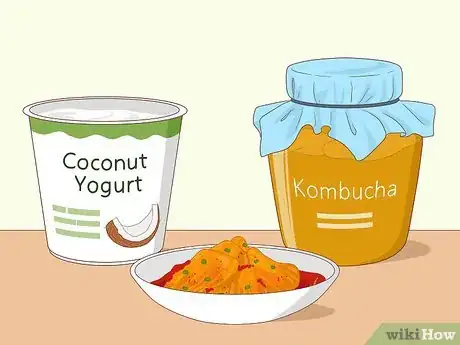
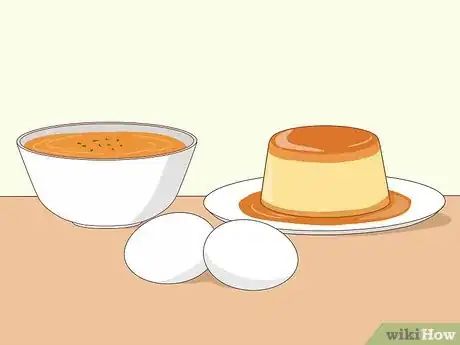
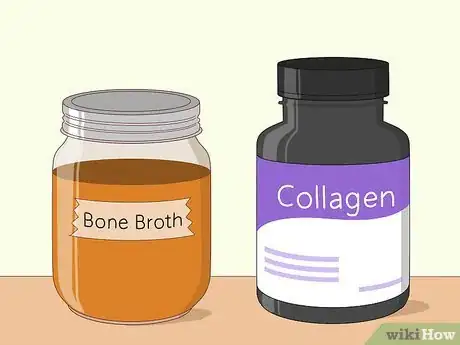
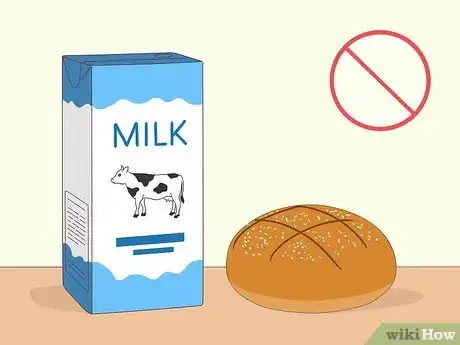
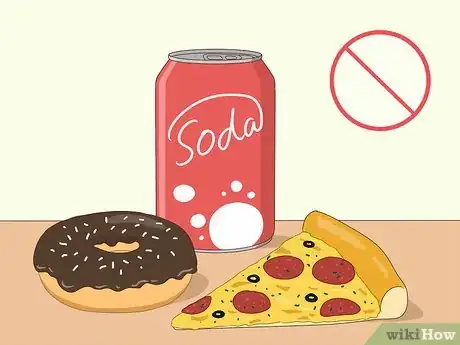
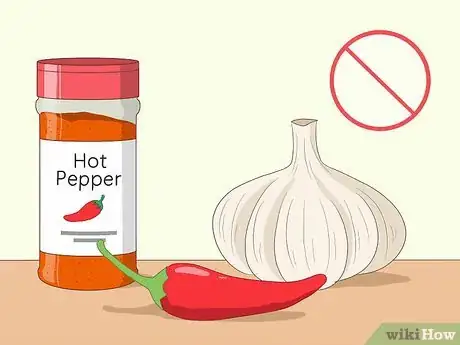
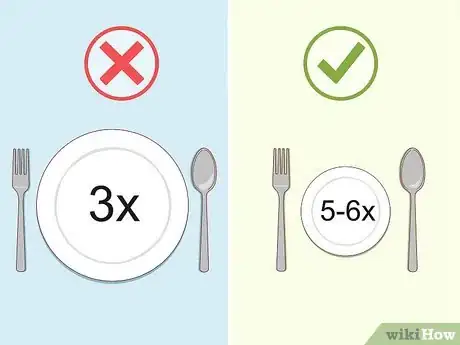
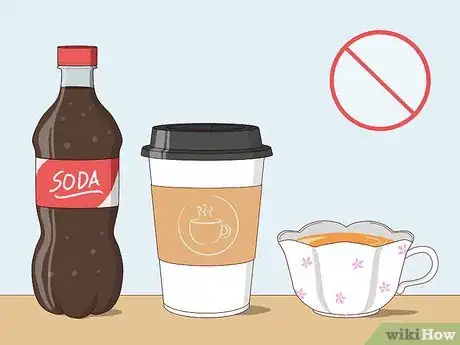
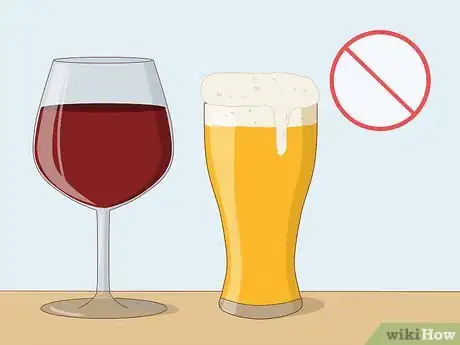
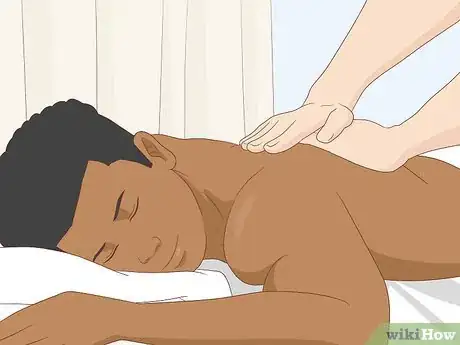
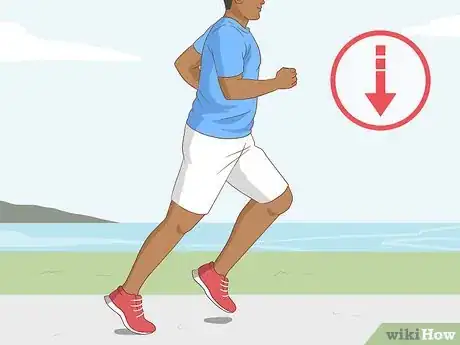
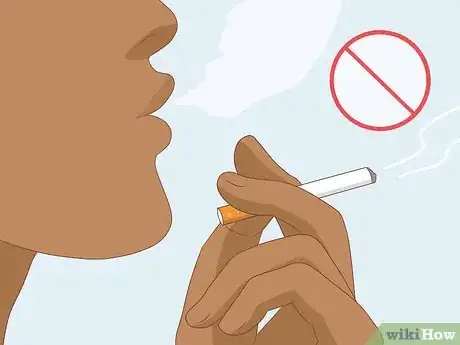
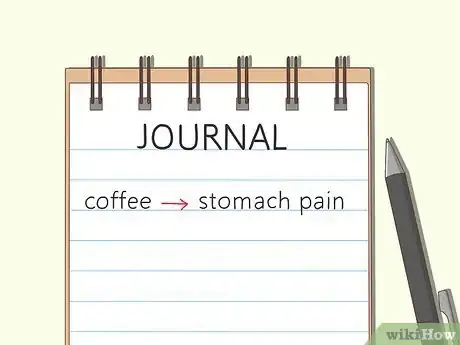

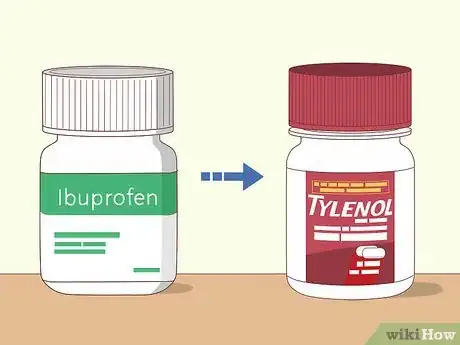
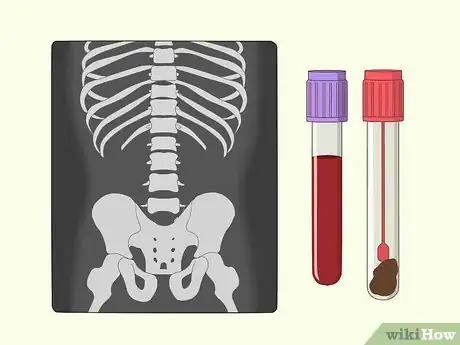
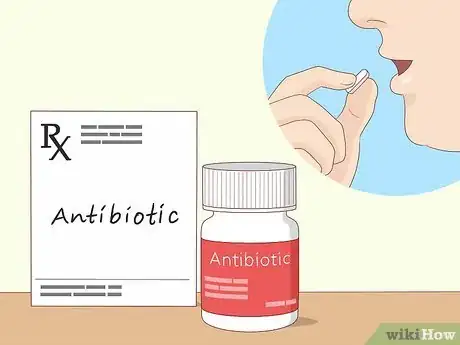

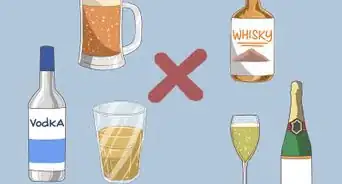

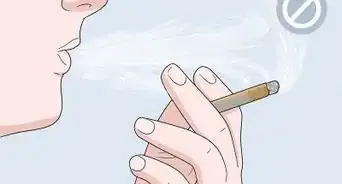
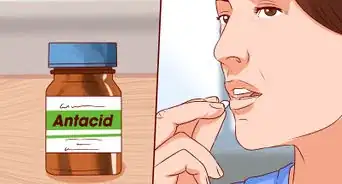
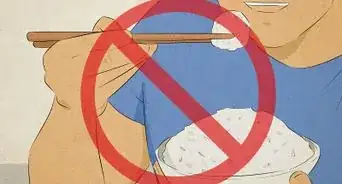
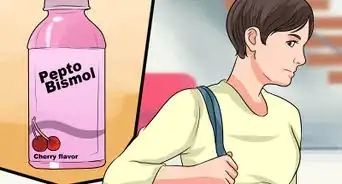
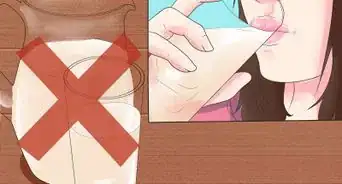
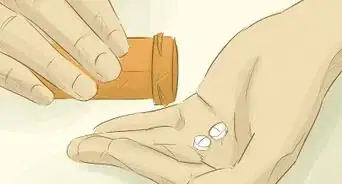
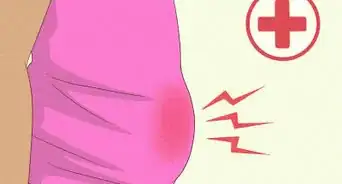
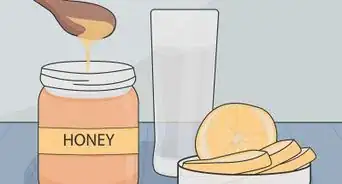

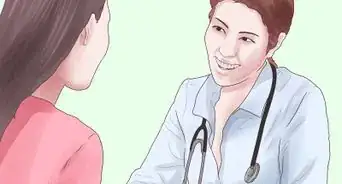
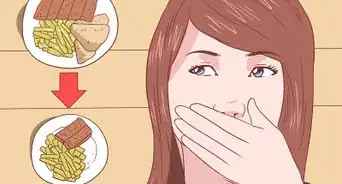







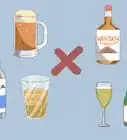
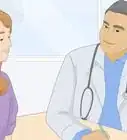

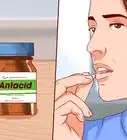



































Medical Disclaimer
The content of this article is not intended to be a substitute for professional medical advice, examination, diagnosis, or treatment. You should always contact your doctor or other qualified healthcare professional before starting, changing, or stopping any kind of health treatment.
Read More...